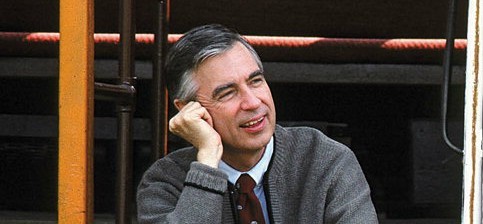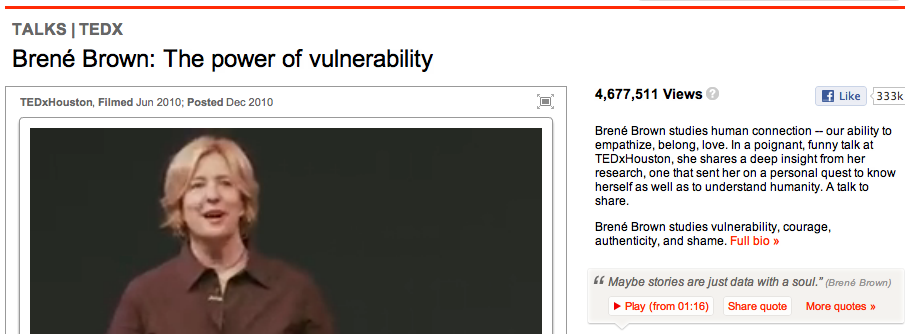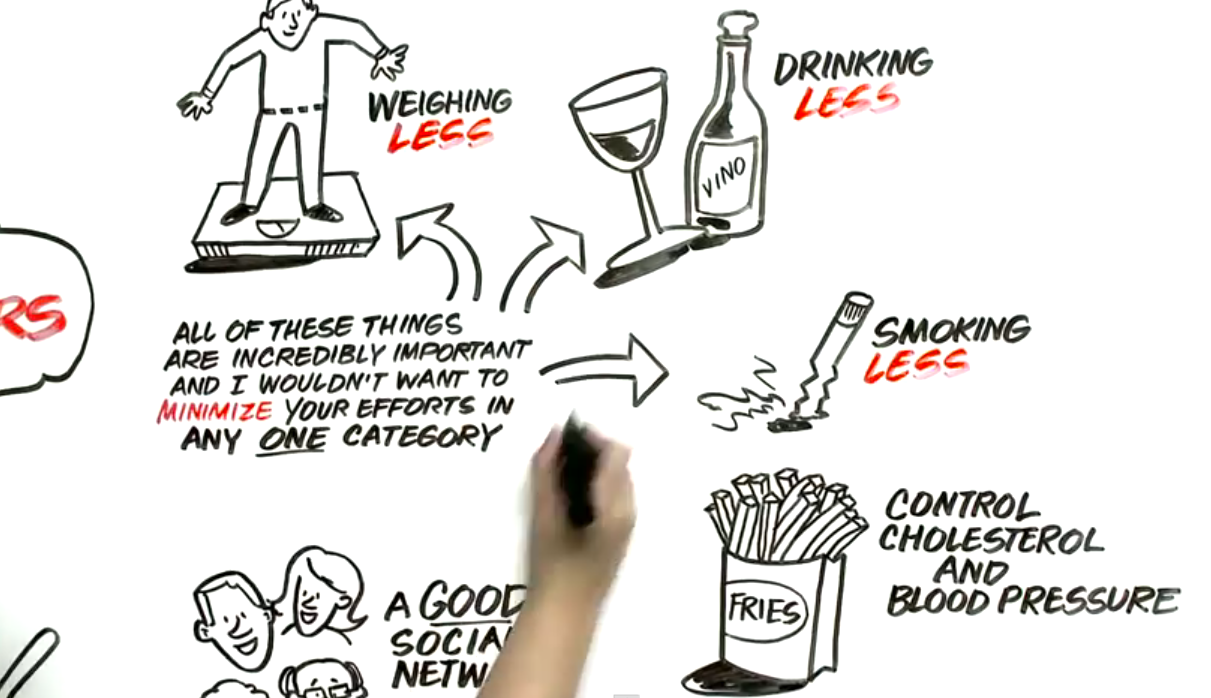 Back in February at the Combined Sections Meeting, the American Board of Physical Therapy Residency and Fellowship Education (ABPTRFE) announced their new quality standards for post-graduate education. The release of the new standards marked ABPTRFE’s first step towards its initiative of revamping old policies and procedures. According to Tamara (Tammy) Burlis, Chair of ABPTRFE, the intent is to“ultimately enhance patient care and support overall goals of the physical therapy profession”. An external consultant company specializing in accreditation and compliance solutions for higher education helped with the development of the new standards. After a 6-month call for comments, the standards were finalized and are now slated to take effect on January 1, 2018. Residency and fellowship programs have until January 1, 2019 to comply. Physical therapy news outlet Talus Media News featured this story in their August 14th episode.
Back in February at the Combined Sections Meeting, the American Board of Physical Therapy Residency and Fellowship Education (ABPTRFE) announced their new quality standards for post-graduate education. The release of the new standards marked ABPTRFE’s first step towards its initiative of revamping old policies and procedures. According to Tamara (Tammy) Burlis, Chair of ABPTRFE, the intent is to“ultimately enhance patient care and support overall goals of the physical therapy profession”. An external consultant company specializing in accreditation and compliance solutions for higher education helped with the development of the new standards. After a 6-month call for comments, the standards were finalized and are now slated to take effect on January 1, 2018. Residency and fellowship programs have until January 1, 2019 to comply. Physical therapy news outlet Talus Media News featured this story in their August 14th episode.
Behind the buzz of the shiny new standards, however, is the discontent expressed by some fellowship directors. The biggest concern regards the change in admission criteria into fellowship programs. Historically, there were three ways to be considered for admission into fellowship: (1) complete an accredited residency, (2) earn board certification in a related field, or (3) have adequate prior experience as judged by the program directors. The new standards have removed the third option, leaving residency training or board certification a mandatory requirement prior to applying for fellowship.
Pieter Kroon, program director and co-owner of The Manual Therapy Institute (MTI), a fellowship program started in 1994 for advanced manual therapy training, spoke up in an interview on Talus Media, “I understand where [ABPTRFE] wants to go with it but…there are some nasty consequences that come with that which threaten the viability of the physical therapy manual therapy fellowship programs…We have given input, but we always have the feeling it doesn’t get listened to a whole lot at the ABPTRFE level.” According to Pieter, fellowship directors don’t seem to have much of a voice in the decision-making process at ABPTRFE. The way in which program directors currently share their concerns is akin to a bad game of telephone. The manual therapy fellowship program directors share their thoughts in their Special Interest Group (SIG) meetings. SIG representatives then report to the Board of Directors at the American Academy of Orthopedic Manual Physical Therapy (AAOMPT). After that, it is AAOMPT’s responsibility to talk to ABPTRFE and pass the messages along. It’s not hard to imagine why Pieter describes the communication between program directors and ABPTRFE “tenuous at best”. Of note, AAOMPT declined to comment on the potential impact of the new standards.
The consequences Pieter referred to are a few in number, but of primary concern to fellowship programs is sustainability. Or, as Pieter more bluntly puts it: “we would be out of business”. To illustrate his point, 95% of the fellows that graduated from MTI in the past five years were admitted via review of prior experience, the route now deemed obsolete. Without such a large section of the cohort, his program would not have had enough overhead to be self-sustaining. Pieter shared off record that he runs his program because he loves teaching and helping clinicians become their best; the revenue the program generates is marginal. The new standards pose a big bottleneck to fellowship admissions, limits student accessibility, and places programs like his on a pathway to an uncertain future.
But what makes fellowship programs think they won’t get enough applicants?
Though there has been a paradigm shift in recent years where clinicians are looking towards residency training soon after entering the work force, there has yet to be an identifiable fiscal incentive for clinicians to become experts in the field given their low ceiling of professional compensation. Furthermore, time is of the essence. The American Board of Physical Therapy Specialties currently only offers certification exams once a year. So, not only are the additional certification exams expensive, it also requires foresight and planning to fit it into one’s professional and personal timelines. There is additionally a current lack of evidence that suggests being a resident-trained therapist and/or having board certification contributes to being a more prepared fellow. Though that’s not to say there won’t be evidence of this in the future, it does call into question how this new admission standard was arrived at. Did it consider any of the current evidence in post-graduate education? Or, was it developed with more philosophical underpinnings? To that end, it remains to be seen…
PT Think Tank community: the point of this piece isn’t to say that the new admission standards are “bad”. Rather, I hope it makes us consider how its proposal potentially overlooks the current reality of the residency/fellowship climate. What parameters are in place, if at all, to help address the worries of Pieter and other program directors? What will be in place to aid them during this period of transition?
I’ll end it here, but do think on this last part of ABPTRFE’s position on the new admissions criteria: “Our goal is to support residency and fellowship programs, while addressing and planning for the future…As a part of our own continuous improvement process, we will continue to monitor the data that occurs as a result of this revised change. We will go back to this concept if we find that it has been detrimental to fellowship programs.”
Pieter and Tammy’s full interviews are available on Talus Media Talks.








